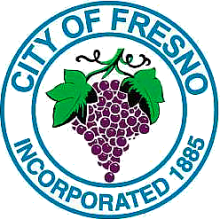Fresno Looking For Partners: RFQ Responses Due Nov. 30th
Fresno, California, is looking for one or more partners to bring Gigabit connectivity to the entire community. City leaders recently released a Request for Qualifications (RFQ) to send out the call for interested entities. Letters of interest are due on November 14th and statements of qualifications are due by November 30th.
Leaving No One Behind
According to the RFQ, the community is experiencing growth in the tech sector and want to support the tide by improving Internet infrastructure throughout the community. In addition to serving new businesses for economic development, the network will connect community anchor institutions such as schools, hospitals, and libraries.
As part of their goals, Fresno states explicitly that they want to ensure low-income families and individuals will be able to afford high-quality Internet access. In an article in the Fresno Bee, city leaders sate that they envision rates for some residents at around $10 per month for either a wired or fixed wireless connection.
Using Existing Assets



